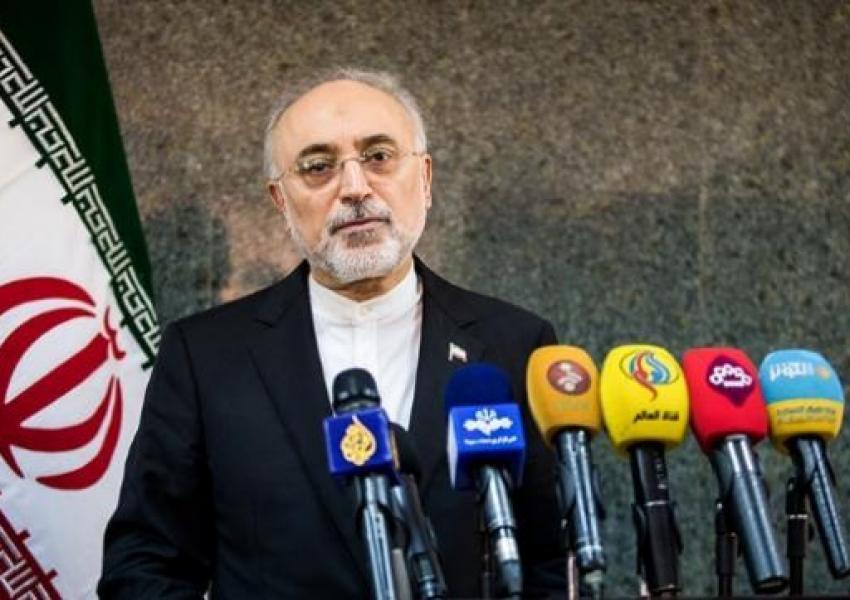
Iran Nuclear Chief Says Nuclear Deal “A Quasi-Stalemate” But Worth Preserving
The head of the Atomic Energy Organization of Iran (AEOI) Ali Akbar Salehi on Monday said the 2015 nuclear deal between Tehran and world powers was worth preserving, although it has been in “a quasi-stalemate situation” since the United States withdrew in May 2018.
“There is still a broad agreement among the international community that the JCPOA should be preserved,” Salehi told the 64th United Nations’ International Atomic Energy Agency (IAEA) General Conference in Vienna, delivering a speech virtually. The 2105 nuclear agreement between Iran and six world powers is officially known as the Joint Comprehensive Plan of Action (JCPOA).
Pointing out that 13 of the 15 members of the UN Security Council rejected a US proposal to extend the UN arms embargo on Iran, which is due to expire next month, Salehi said they had thereby recognized that the US was no longer a participant in the JCPOA.
“This is a real achievement that must be safeguarded,” he said, stressing Iran was prepared to work with the international community “to bring back multilateralism and diplomacy to the center of international relations.”
Speaking after Salehi, U.S. Energy Secretary Dan Brouillette made no reference to the deal, saying only that the “United States remains committed to addressing the threats posed by the nuclear programs of both North Korea and Iran.”
“On top of its horrific record as the world’s largest state sponsor of terrorism, Iran has a lamentable history of providing only grudging, dilatory, and incomplete cooperation, if at all, with the IAEA. Iran must do more, much more, to ensure both timely and complete compliance with the safeguards obligations,” he said.
In his statement to the conference, the IAEA Director-General Rafael Mariano Grossi said the IAEA continued to verify the non-diversion of nuclear material declared by Iran under its Safeguards Agreement while the agency’s research into possible undeclared nuclear material and activities was continuing.
Grossi said he hoped his visit to Tehran last month – after which Iran agreed to provide access to two sites suspected of having been used for undeclared activities – would “reinforce cooperation and enhance mutual trust.” Tehran had previously refused access to the two sites, where the IAEA suspects uranium conversion and explosives testing took place in the early 2000s. Grossi announced that IAEA inspectors had visited one of the two locations and had taken samples for analysis.
Such access is not obligatory for Iran as it has not formally signed the Additional Protocol to the Nuclear Non-Proliferation Treaty (NPT), although it has been implementing it on a voluntary basis. Grossi said that inspectors would visit the second location later this month [in September].
Since the US withdrawal from the 2015 nuclear deal, Iran has expanded its nuclear program beyond the JCPOA limits, including by enriching uranium beyond a 3.75% cap and in expanding its enriched uranium stocks. Tehran blamed a fire in its Natanz facility in July on sabotage.
With reporting by AP








